

Culture /Traditional Political System
Before the introduction of the central administration, Krachis were governed by traditional rules. As custom demands, the name of the traditional administration of the Kete Kingdom is Krachi Traditional council, their paramount stool is called Dwokuri stool and the paramount chief is known as the KRACHIWURA. He is the overlord of diverse tribes. The reigning chief is NANA MPRA BESEMUNA II who was installed on the 10th of March 2001. The seat of the paramountcy is Kete-Krachi which is also the capital of the Krachi West District. There are several Divisional Chiefs, Sub-Chiefs and Community Heads under the paramount chief.
The Krachi Traditional Council transcends the Krachi West District to include the Krachi East, Krachi Nchumuru, Nkwanta South and Nkwanta North Districts. All traditional rulers in these districts owe allegiance to the Nana Krachiwura and all chieftaincy issues and disputes within those districts are resolved at the Krachi Traditional Council.
Ethnic Groups
Krachi Lakeside market scene
The preponderant ethnic group in the district is the Krachis who are the indigenes and Guan by origin. There are however other relatively large settler communities made up mostly of Konkombas and Hausas. Other significant ethnic groups include Tongus, Kabres and some northern Ghana tribes.
Festival
The main festival celebrated by the people in the District is the annual yam festival. There is also the Nanaba/Denteh Akwambor Festival celebrated by kaakyes (krachi’s). Denteh is the supreme god of the Krachis that leads them to wars and other activities as a community. According to their elders, “Krachis” were once living in Larteh in the eastern region of Ghana and migrated to their current location as a result of wars with Asantes and other factors such as their displeasure with the paying high levies and other fees.
The people of Krachi have set aside a special day annually to celebrate the coming of Denteh, and to clear the way for their god; hence Denteh Akwambor means clearing the way for Denteh. The celebration of the Nanaba festival has not been fixed on a specific date or time, but it is however based on the consultations with the Denteh god, which ever time or date is given becomes the basis for the commencement of the festival.
There are some traditional dances such as Baya, Abofour, Atumpan (talking drum) and Sokordie (peacock) dances. Baya is performed by the youth for entertainment and at funeral of a youth. Abofour is a dance for elders, it is performed for a funeral of elderly persons and for war. It goes with sign language and its interpretations. Talking drum (Atumpan) is used to carry or send messages or information across the community and at a gathering.
Religious Affiliation
Christianity is the major religion in the District with Christians constituting about 71.6% of the population. Followers of Traditional African religions constitute the second largest group accounting for about 18.1% of the population. Muslims form only about 1.0 % of the population. Those who do not practise any form of religion constitute 0.4% of the total population.
The 2010 Population and Housing Census provides the following distribution of religious affiliations. Christians (Catholic 17.6%, Protestant 8.3 percent Pentecostal 31.0 percent and Other Christians (6.3%)) form the majority religious group with a share of 63.4 percent of the population. This is followed by followers of traditional African religions who form 18.1 percent of the population.
Muslims account for 9.8 percent of the population.
Those who do not practice any form of religion are negligible (0.4%). The various proportions of the population following different religions tend to be similar for both males and females.
Tourism
Tourism is generally considered as one of the main driving forces of economic growth especially in least developed economies. In Ghana, tourism is said to be the fourth largest source of foreign income after cocoa, gold and oil.
Krachi West District has a strong tourism potential yet to be fully developed for it to contribute its rightful quota to the accelerated development of the district’s economy. Major constraints have being the inadequacy of funds and commitment on the part of authorities.
A major setback to the development of tourism potentials in the district is the absence of recreational facilities, which will serve as attraction point for tourists. Currently, there is no hotel in the district. There are, however, very good guest houses in the district. Prominent among these are the Royal Lake View Guest House, Credit Union, Shiloh Guest Houses, Simon Guest House and the Lake View.
All these Guest Houses are located in Kete Krachi, the district capital town. Several identified tourists attractions that have however been discussed and considered as potentially viable and expected to be subsequently developed in due course includes the following:
a. The Volta Lake (Beautiful scenery along the lake).
b. Islands and Islets (Water Bodies for cruising and sports; over forty islands and islets with breathtakingly beautiful natural scenery.
Some are inhabited
a. Game Reserves (Several game reserves with various endangered species of plants and animals presenting nature in its wild and undisturbed state, sights that can hardly be replicated anywhere else in the world).
b. Cluster of Islands (Near Kete Krachi)
c. Dente Akwanbo (Nanaba) Festival (Traditional festivals By Krachi Traditional Council)
d. Remnants of the German Colonial Administration Block (Kete Krachi Lakeside)
Krachi
Date Created : 11/21/2017 7:52:20 AM
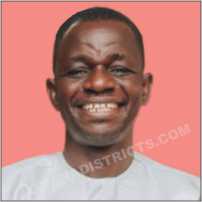

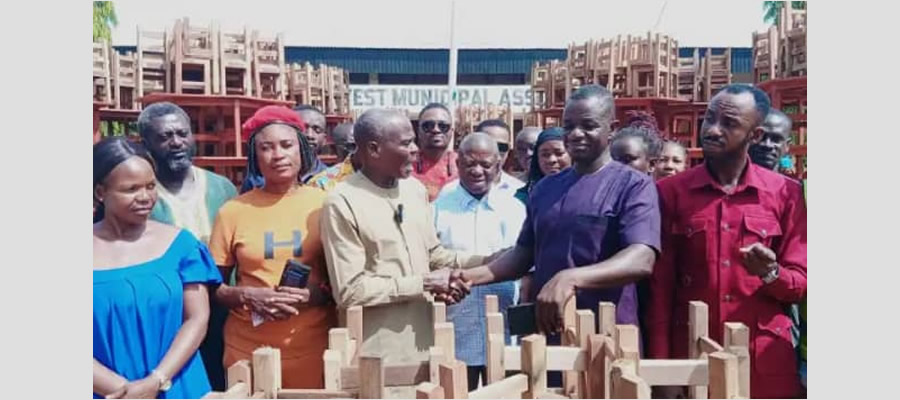
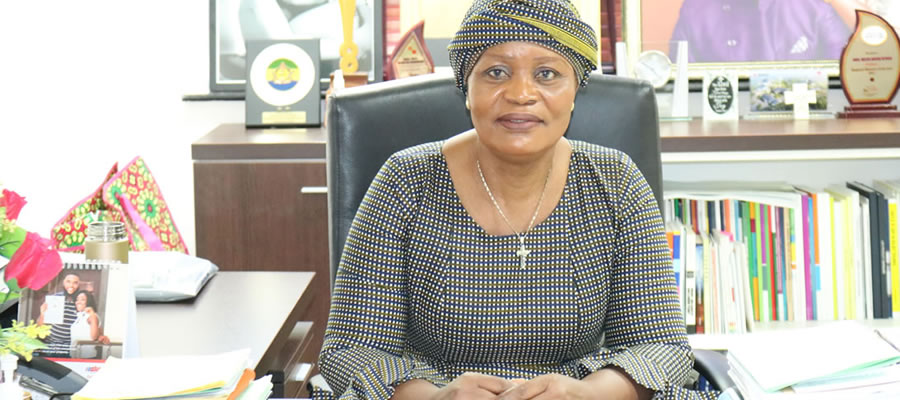
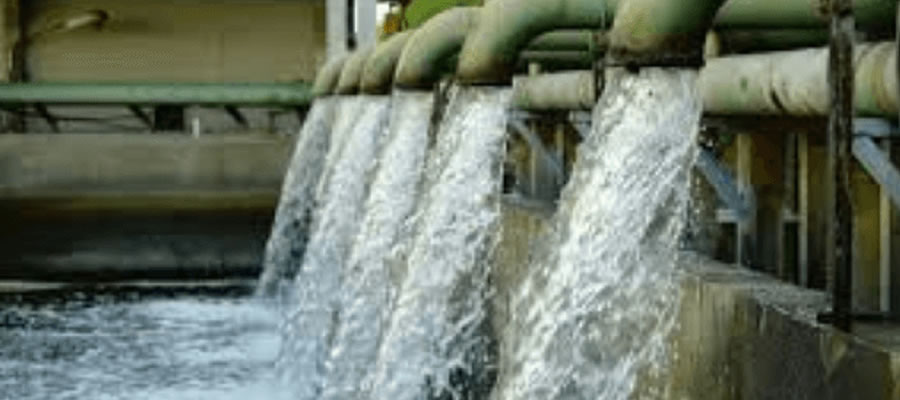

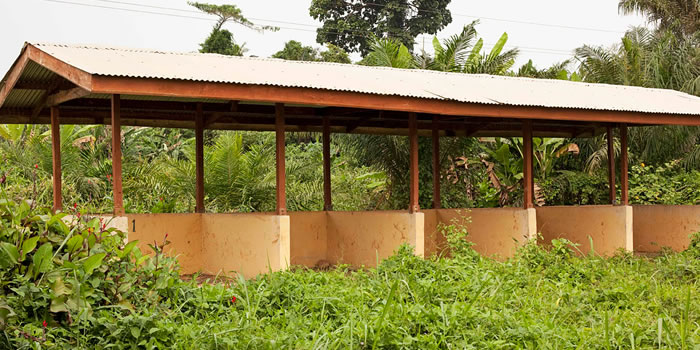
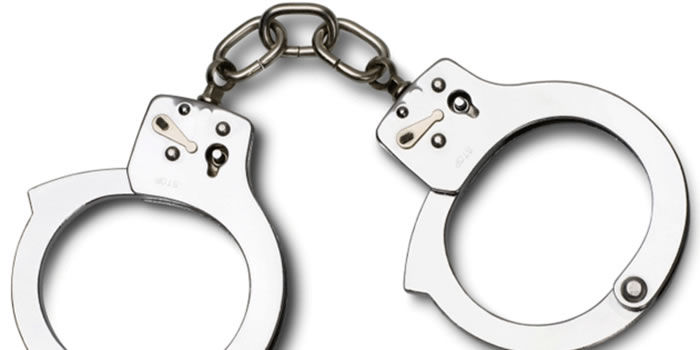
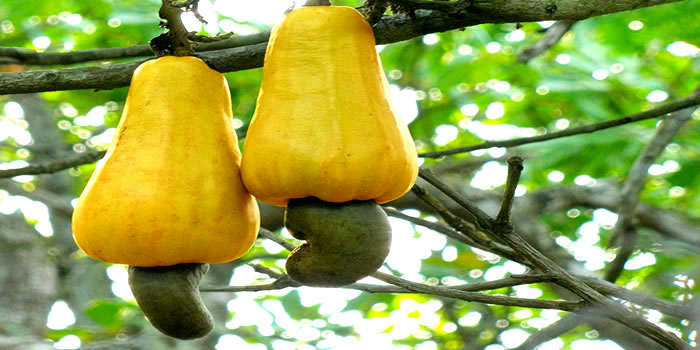
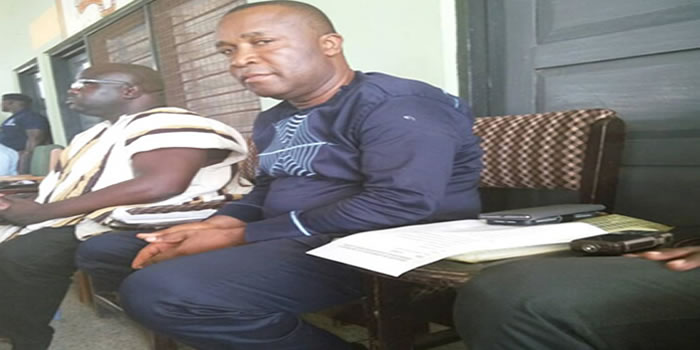


 facebook
facebook
 twitter
twitter
 Youtube
Youtube
 +233 593 831 280
+233 593 831 280 0800 430 430
0800 430 430 GPS: GE-231-4383
GPS: GE-231-4383 info@ghanadistricts.com
info@ghanadistricts.com Box GP1044, Accra, Ghana
Box GP1044, Accra, Ghana